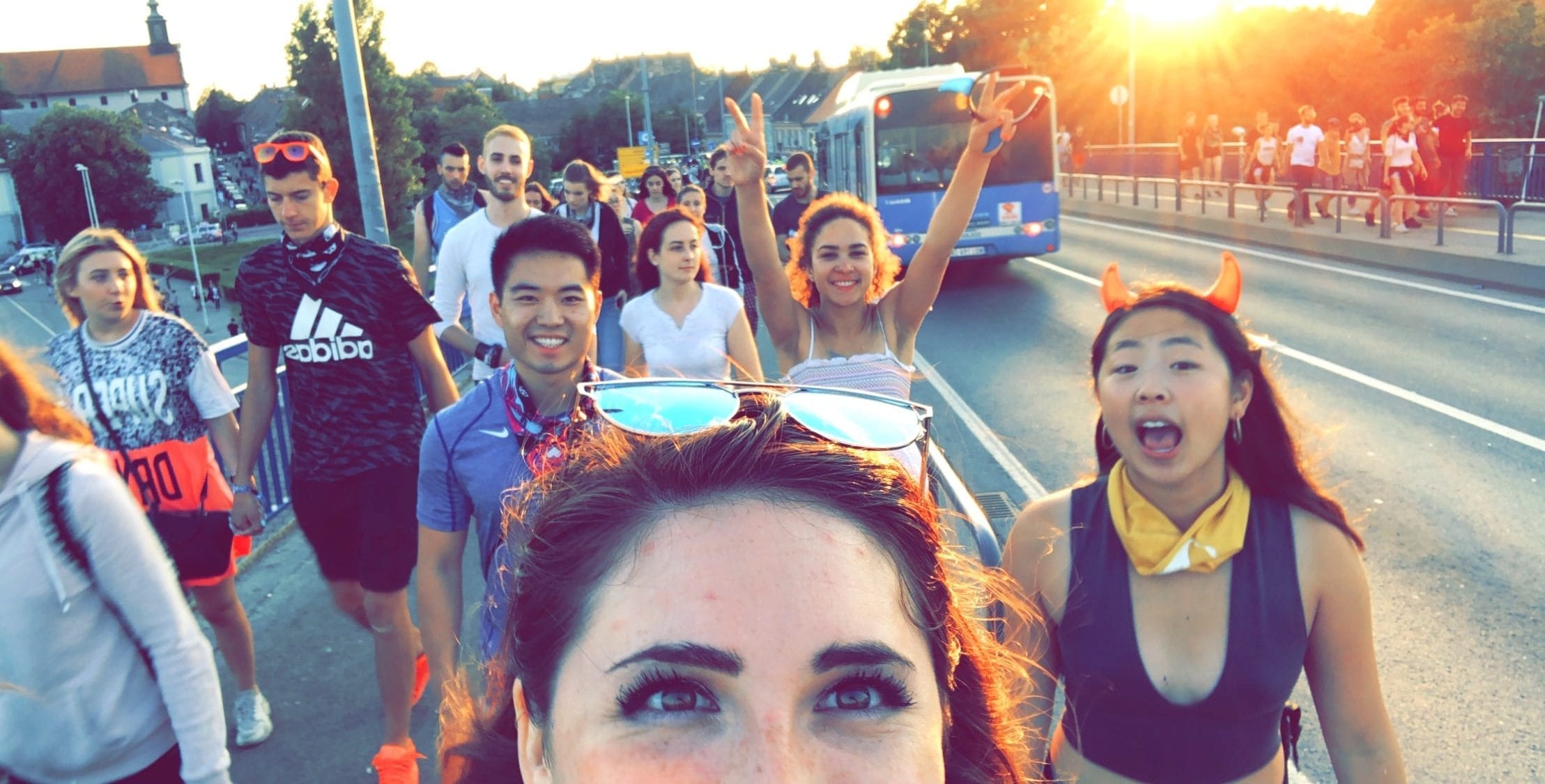In our final week in Belgrade, I certainly have a wide range of topics to reflect upon. This last week has been focused on mental health care in Serbia. It has been incredibly fascinating, as I have not been able to study psychiatric care in any particular depth until this program. The additional attention to challenges most prevalent and pressing in Serbia has been of particular interest. Ranging from mental health challenges during social transition, to addiction and abuse, to suicide and youth violence, it has all been incredibly enlightening.
The experiences that have been most meaningful to me involve our opportunity to meet actual patients at the Mental Health Institute. The first woman we met was struggling with borderline personality disorder and depression, exacerbated by the recent miscarriage of her child. This was the first time that I had actually interacted with someone openly about a psychiatric condition. It was her highly lucid self-awareness of her conditions that most struck me. This woman had been coping with various manifestations of her mental condition, including self-harm habits, compulsive eating, and mild dissociation with reality for most of her life. Overall, I was incredibly grateful for the opportunity to meet someone who was willing to speak candidly about their struggles with a disorder. We are all very human.
There was another very interesting point raised that day regarding the social and historical coding of psychiatry. The characterization and diagnoses of mental disorders has universally reflected the vested interests and fears of a given population, and it is a continuous struggle to separate science and sociology in psychiatry. At one point, homosexuality was a disorder. Nazi eugenicists had a plethora of mental disorders to fit their agenda. Runaway slaves in U.S. were seen to have a disorder. I would definitely be interested to learn more about how political biases manifest in psychiatry, and examine the ‘anti-psychiatry’ movement further.
Reflecting on my time in Belgrade, I have simply been immersed in the region, absorbing all of its history, conflicts, language, and public health challenges. It would have truly been impossible to understand the health challenges faced in the Balkans without an understanding of the inter-ethnic conflict and Western intervention that has occurred in the past 50 years. Having now studied the power of language and its capability to support divisive nationalism, I am feeling hyper-aware of my own feelings of patriotism. Especially after having celebrated the fourth of July abroad, I am forced to think about the reasons I have for being patriotic, and whether these feelings are dangerous. I, like many of my fellow peers who have been raised in America, have been engrained a sense of pride in our country and its freedoms. This has caused a certain cognitive dissonance that has underscored my time here in Belgrade. I have found many reasons to be skeptical of the American mission to spread freedom and democracy to the world while ensuring these same freedoms back home, which is emphasized by my study of the history of the Former Yugoslavia and the Republic of Serbia. This being said, I am certainly afforded many privileges as an American citizen, and I will not let these go to waste.
One of the most important takeaways from this experience so far is that one must be extremely careful before buying into any narrative, as every story has a bias. Rather than subscribe to one story, it is important to use a variety of perspectives to inform my own world view. I am so looking forward the comparative study of history and public health when we begin in Sarajevo next week!

